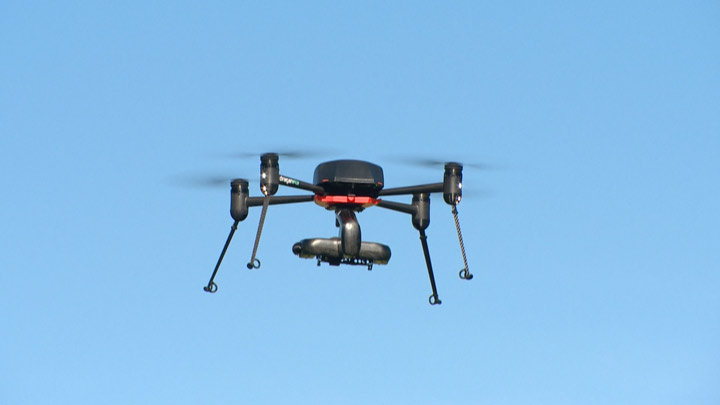The University of Saskatchewan (U of S) continues to lead the way in food security to help feed a growing world population.

On Monday, a major food research program Designing Crops for Global Food Security launched at the Saskatoon campus.
READ MORE: Climate change, food security key to global stability, Kerry says
It’s a seven-year, $37.2 million project funded by the Government of Canada focused on establishing a global data base using field and aerial sensors, satellite imaging and robotics to improve crop development.
“The reason we want to do it is because if we can digitize what a breeder would normally see then it becomes a searchable set of data and it enables us to look for patterns and those patterns will eventually be linked back to the genetics of the plant,” said Maurice Moloney, executive director of the Global Institute for Food Security.
“By 2022, we hope to create a unique global resource for plant breeders seeking to develop new crop varieties at unprecedented speed and scale.”
READ MORE: Agriculture innovation on display at Canada’s Farm Progress Show
The U of S is considered an ideal location for the research because of its strong computer science program, the Canadian Light Source sychrotron, and strong agriculture engineering.
Wendy Winiewski contributed to this story


Comments